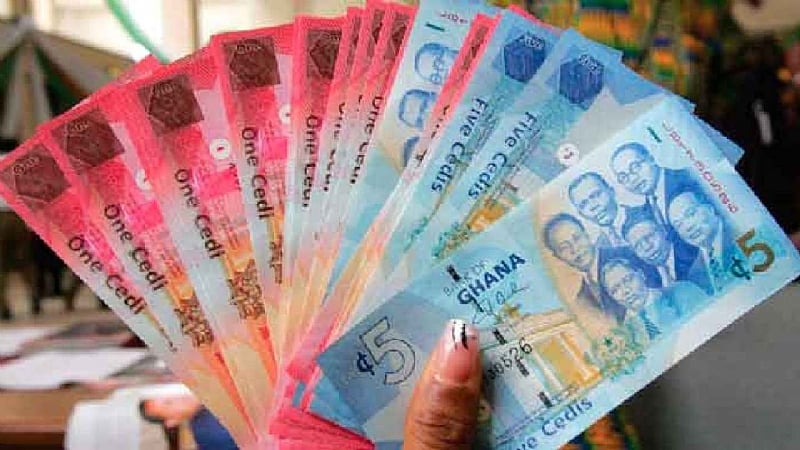The Ghanaian Cedi has demonstrated notable strength against the United States dollar, reaching a buying rate of GHS15.31 and a selling rate of GHS15.74 per dollar as of April 23, 2025. This positive trend reflects a potential upswing in the Ghanaian economy, possibly influenced by factors such as increased exports, improved investor confidence, or effective monetary policies. These rates, sourced from Cedirates.com, a trusted platform for currency information in Ghana, provide a snapshot of the cedi’s performance in the broader financial landscape. Forex bureaus, which serve as vital access points for currency exchange, offer slightly different rates, with a buying rate of GHS15.60 and a selling rate of GHS15.95 per dollar. This difference is typical, reflecting the operational costs and profit margins inherent in these businesses.
A more detailed examination of the interbank market reveals a tighter spread between buying and selling rates for the US dollar. Banks are offering to buy dollars at GHS15.41 and sell at GHS15.43. This smaller margin is characteristic of interbank transactions, often involving larger volumes and institutional players. The relatively consistent rates across different exchange platforms suggest a stable and efficient foreign exchange market in Ghana. These figures offer a valuable benchmark for understanding the cedi’s underlying strength and its trajectory against the dollar. The data indicates a relatively healthy exchange rate environment, potentially fostering international trade and investment.
Beyond the US dollar, the Ghanaian Cedi also exhibits competitive exchange rates against other major international currencies. For the British pound, the average exchange rates sit at GHS20.26 for those converting pounds to cedis and GHS21.01 for those converting cedis to pounds. Similarly, the euro is trading at GHS17.33 when exchanging euros for cedis and GHS18.06 when converting cedis to euros. These rates, reflecting the dynamics of the global currency market, suggest a stable and predictable environment for transactions involving these currencies. The relatively small difference between buying and selling rates indicates healthy liquidity and efficient market operation.
The Bank of Ghana’s interbank rates for the pound and euro further underscore the cedi’s stability. The pound is selling at GHS20.59, while the euro is trading at GHS17.64 on this platform. These figures closely align with the broader market trends, indicating a cohesive and well-regulated exchange rate environment. The Bank of Ghana’s role in setting these benchmark rates plays a significant role in maintaining financial stability and promoting confidence in the Ghanaian currency. The consistency between these rates and those offered by other financial institutions reinforces the transparency and efficiency of the Ghanaian foreign exchange market.
Money transfer services like LemFi and Afriex offer competitive rates for remittances from the US and UK to Ghana. For dollar transfers, LemFi offers a rate of GHS15.34 per dollar, while Afriex offers GHS15.40. For pound transfers, LemFi provides a rate of GHS20.30, and Afriex offers GHS20.71. For euro transfers, Afriex offers GHS17.76, while LemFi stands at GHS17.45 per euro. These competitive rates are crucial for facilitating international remittances, a vital source of income for many Ghanaian households. The presence of multiple players in this market fosters competition, ultimately benefiting consumers with more favorable exchange rates and efficient transfer services.
Finally, for digital subscriptions like Netflix, Spotify, and Apple Music, payments made via Visa and Mastercard incur slightly different exchange rates. Visa transactions are processed at a rate of GHS16.54 per dollar, while Mastercard transactions occur at GHS16.53. This slight variation likely reflects the different processing fees and agreements between these payment processors and financial institutions. These rates provide a transparent overview of the costs associated with international digital services, allowing consumers to make informed decisions about their subscriptions. The availability of these services and the relatively accessible exchange rates highlight Ghana’s increasing integration into the global digital economy.














